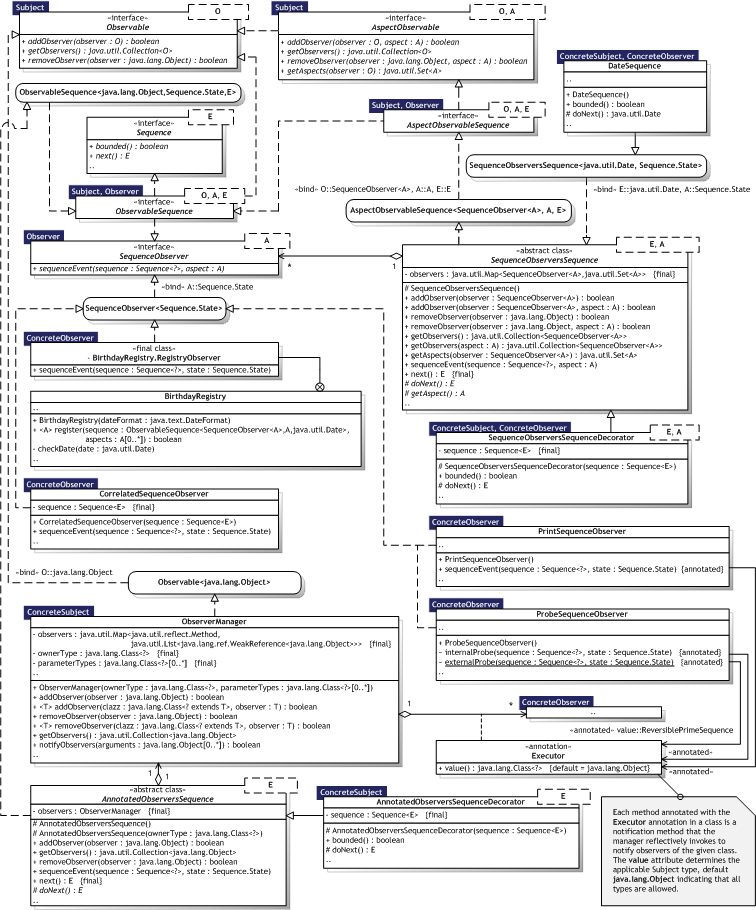Hedge Definition and Meaning
Post on: 25 Апрель, 2015 No Comment

Definition: The word hedge can used as a noun or a verb. Whether it’s a product you buy, or an action you take, it is done to minimize or offset financial risk. When you purchase a hedge, you are hedging.
A hedge is an investment that’s made, not so much to take advantage of a situation, but to prevent or offset another potentially risky or uncontrollable situation. For example, gold can be bought as a direct investment if you think the price will go up, either because the demand will increase or the supply will decline. However, buying gold is a hedge if you want to protect yourself from the effects of inflation. That’s because gold keeps its value when the dollar loses its. In other words, if the prices of most things you buy goes up, then so will the price of gold .
Gold really becomes popular as a hedge against a dollar collapse. That’s because the dollar is the world’s global currency. and there’s really no other good alternative right now. If the dollar were to collapse, then gold might become the new unit of world money. This is unlikely, because there is such a finite supply of gold, and the dollar’s value is primarily based on credit, not cash. However, it wasn’t too long ago that the world was on the gold standard. and most major forms of currency were backed by their value in gold. Gold’s historical association as a form of money is the reason it’s a good hedge against hyperinflation or a dollar collapse.
How to Hedge
Hedging risk can be done with any offsetting investment. However, when people speak of hedges nowadays there are usually referring to derivatives. These are complicated financial tools that derive their value from an underlying real asset, such as a loan or stock. A popular hedge is an option. This is a derivative that would give you the right to buy or sell a stock at a certain price within a window of time. Let’s say you bought a stock because you thought the price would go up, but wanted to protect against the risk it would plummet. You’d hedge that risk with a
put option. For a small fee, you’d buy the right to sell the stock at the same price you just bought it at. That way, if the price of the stock falls, you could exercise your put and make back most of the money you just invested (minus the fee).

Hedges and Hedge Funds
Funds that use a lot of hedges are known as hedge funds. These are usually privately-owned investment funds that are not regulated like mutual funds whose owners are public corporations. Furthermore, hedge fund managers are compensated as a percent of the returns they earn. This attracts many investors who are frustrated by mutual fund fees that are paid regardless of fund performance.
Thanks to this compensation structure, hedge fund managers are driven to achieve above market returns. Managers who make bad investments could lose their jobs, but they wouldn’t lose the net worth they’ve saved up during the good times. If they bet large, and correctly, they makes tons of money. If they lose, they don’t lose their personal money. This makes them very risk tolerant. It also makes the funds very risky for the investor, who can lose their entire life savings.
Hedge fund use of derivatives added risk to the global economy, setting the stage for the global financial crisis of 2008. Fund managers bought a derivative known as a credit default swap to hedge their risk against subprime mortage-backed securities. Because they thought insurance companies like AIG would pay off if the subprime mortgages defaulted, they bought more mortgage-backed securities than was prudent. They weren’t protected from risk, though, because the sheer number defaults overwhelmed issuers of the swaps. That’s why the federal government had to bail out the insurers, the banks and the hedge funds. The true hedge in the financial system was the U.S. government, backed by its ability to tax, incur debt and print more money. The risk has been lowered a bit, now that the Dodd-Frank Wall Street Reform Act regulates many hedge funds and their risky derivatives. Article updated March 14, 2014














